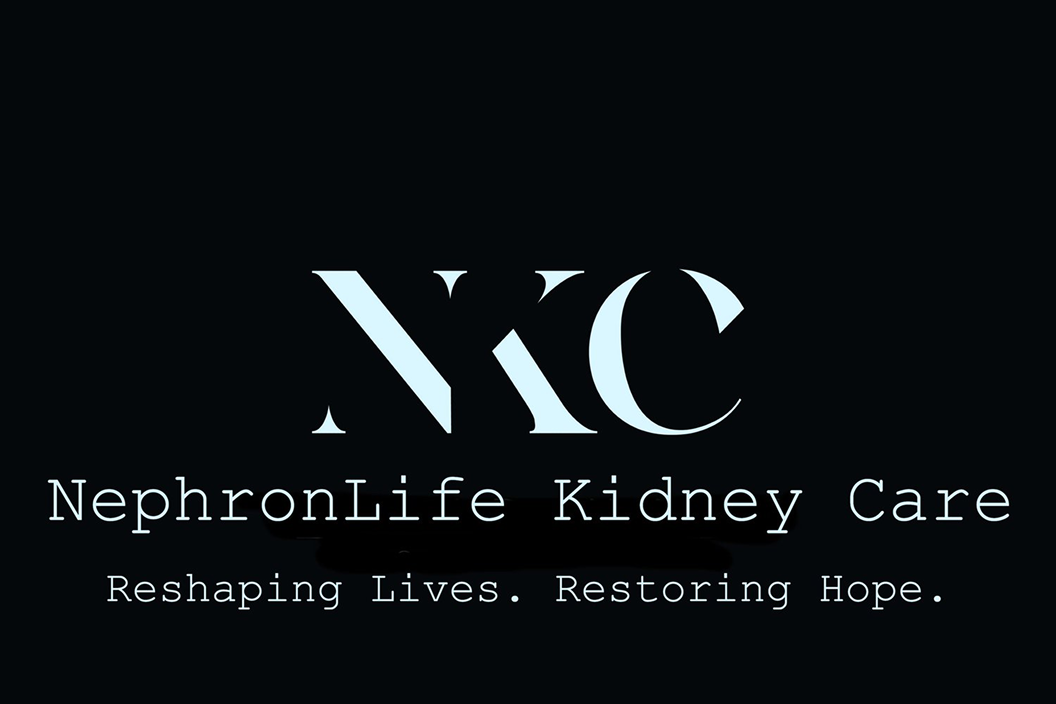Early kidney problems often have no symptoms. Later signs may include swelling, fatigue, changes in urination, or high blood pressure.
The most common causes are diabetes and high blood pressure. There are many other causes for which tests are conducted if suspected.
The eGFR (estimated glomerular filtration rate) is a blood test that shows how well your kidneys are filtering waste from your body. A lower number means that your kidneys aren’t working well.
Yes, some medications can worsen kidney disease, especially if taken in high doses or for a long time. Common examples include certain painkillers (like NSAIDs) and some antibiotics. Check with your doctor to ensure your medications are safe for your kidney health.
Damaged kidneys can’t remove sodium well, which can lead to high blood pressure and fluid retention.
Aim for less than 1,500 milligrams of sodium per day.
Processed meats, restaurant foods, canned soups, pickles, frozen meals, and salty snacks are high in sodium. Salt shakers are not the usual culprits.
Rinse canned vegetables, beans, and meats to remove extra sodium.
Choose foods with 5% or less Daily Value (DV) or (140 mg or less) sodium per serving.
You should check the label before using salt substitutes as potassium compounds are frequently used to substitute sodium which should also be limited.
Too much potassium can lead to irregular heartbeats, or even a heart attack.
It means the food is low in potassium, providing less than 3% of the Daily Value.
A food is considered high in potassium if it contains 200 mg or more per serving, though some high-potassium foods may have significantly more than others. (Even low-potassium foods can become high-potassium if eaten in large amounts.)
Leaching can help reduce their potassium content. To leach, peel and slice the vegetables thinly, soak them in a large amount of warm unsalted water for at least two hours (changing the water every four hours if soaking longer), then rinse and cook them in five times the amount of unsalted water.
Damaged kidneys can’t remove excess fluid, so managing intake is crucial to avoid complications like swelling and high blood pressure.
Breathlessness, swelling, high blood pressure, headaches, and low energy are common signs of too much fluid.
Soups, gravies, ice cream, and high-water-content foods add to fluid intake.
They help the kidneys remove excess fluid and are best taken in the morning to avoid nighttime urination.
Dialysis is a treatment that removes waste and fluid from your blood when your kidneys can’t. It’s usually needed in advanced kidney failure.
